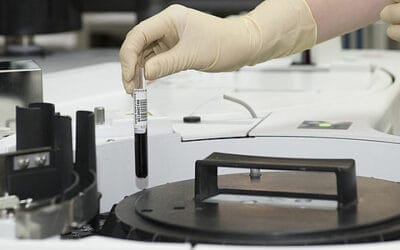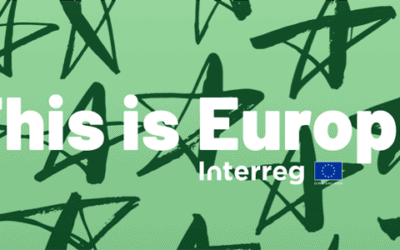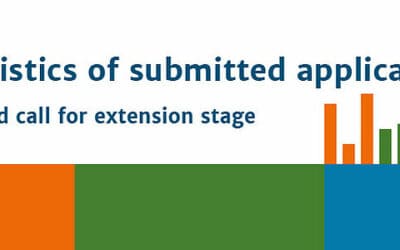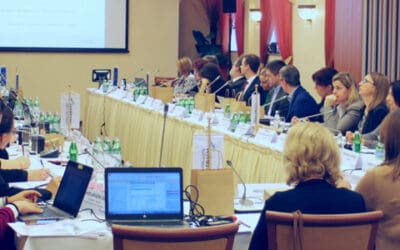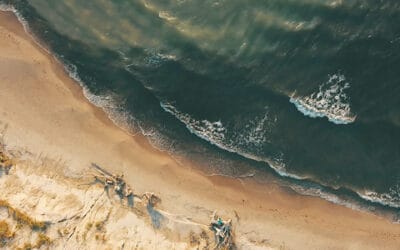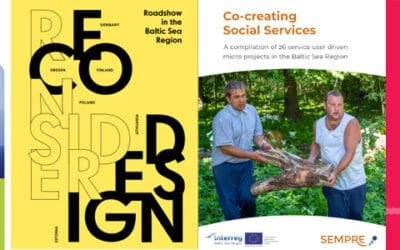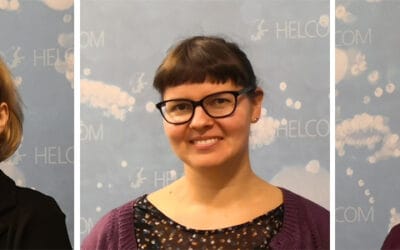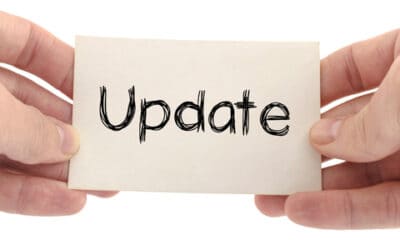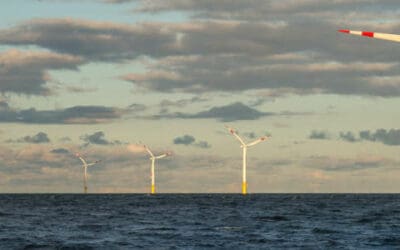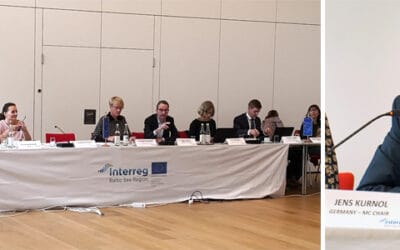Cooperation in health care proves to be an elementary need and an expression of mutual assistance in times of the COVID-19 pandemic. Interreg Baltic Sea Region has been supporting several initiatives which trigger the exchange of good practices across borders to...
Interreg Baltic Sea Region
News
Interreg in audio: First episode of podcast “This is Europe” takes you to a greener Europe
As Interreg becomes 30, Interact has launched the production of an audio podcast this year. In fourty minutes you can travel across Europe, learn about great Interreg projects, and get to know other professionals who use Interreg to fulfil their missions. One of the projects presented is cities.multimodal in which people work towards greener mobility in cities – co-funded from our Programme.
More funds for a stronger impact: 26 applications submitted
As many as 26 projects that are due to end this year have applied for an extension stage in order to implement additional activities that will increase an overall impact of the project outcomes, and in this way further contribute to a more innovative, better...
Joint Programming Committee for 2021-2027 gets started
On 5-6 February 2020 the Joint Programming Committee of Interreg Baltic Sea Region for the funding period 2021 to 2027 had its first meeting in Riga under the chairmanship of Latvia. Summary notes of the meeting are planned to be published on the Programme website in...
Developing the future programme in line with the EUSBSR
To align the Interreg Baltic Sea Region funding Programme with the EU Strategy for the Baltic Sea Region (EUSBSR) is one important asset for the funding period 2021-2027. How to make sure that funded projects contribute to the implementation of the strategy? How to...
Time to visit the project library: project outputs available
You can now browse more than 40 outputs from Interreg projects that finished in 2019 in the project library of Interreg Baltic Sea Region. Get an overview of the challenges and opportunities which public and private players from different countries around the Baltic...
Interview: How the SuMaNu platform creates synergies between projects
SuMaNu is about sustainable manure and nutrient management and is directly connected with the ongoing development of a Nutrient Recycling Strategy for the Baltic Sea. Interreg Baltic Sea Region’s project platforms are designed to capitalise on the results of existing projects financed from different EU funding Programmes and to create synergies between them, e.g. by feeding into policy making. We interviewed three experts from the SuMaNu platform, which started in autumn 2018, to find out.
Core Programme documents updated
The updated versions of the Programme Manual and the Programme Manual for coordination of macro-regional cooperation are now available. © PantherMedia / Encho Enevski New versions of the core documents approved The Monitoring Committee of Interreg Baltic Sea...
Interview: Exploiting offshore wind energy in the Baltic Sea region
The Baltic Sea region has great potential to generate offshore wind energy, but offshore grid development poses a major obstacle. The Interreg project Baltic InteGrid looked into meshed electricity grids, i.e. interconnecting offshore wind farms in order to achieve cost advantages and make more efficient use of maritime space. Thilo Krupp from the German Offshore Wind Energy Foundation explains results and experiences from the project.
Interview: Insight into shaping the new Programme
Developing a new cooperation programme like Interreg Baltic Sea Region is a multilayered process of defining needs, opportunities and smartest ways of how to best shape the region with the EU funding. Jens Kurnol from the German Federal Institute for Research on...



